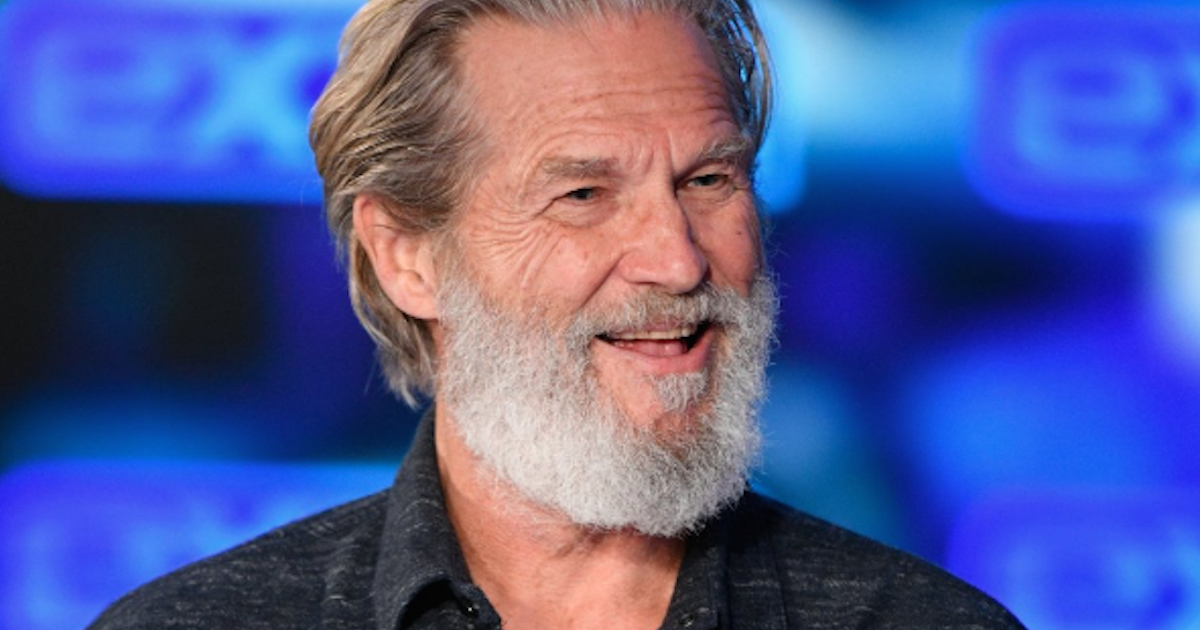Coming Back From Cancer & Covid
- Actor Jeff Bridges, who was recently nominated for an Emmy for his role in “The Old Man,” said cancer was “nothing” compared to his battle with Covid.
- Bridges was diagnosed with non-Hodgkin lymphoma, a type of blood cancer, back in 2020. In early 2021, while he was undergoing chemotherapy, he caught Covid-19 as well.
- Due to the chemo’s effect on his immune system, Bridges had a brutal few weeks fighting off the Covid. He’s stated he was in “surrender” mode, thinking he may not make it.
- Like so many other survivors, Bridges returned to work as soon as he could after recovering from both Covid and his cancer. Returning to things you love doing can help a great deal with recovery and restore a sense of normalcy in life.
Bridges, perhaps best known for his iconic role in “The Big Lebowski,” was diagnosed with a type of blood cancer called non-Hodgkin lymphoma in 2020 while filming for “The Old Man” was on hold due to Covid-19 restrictions.
Read MoreNon-Hodgkin Lymphoma: What to Know
Bridges had previously told People that he was in “surrender” mode at that pint.
“I was pretty close to dying,” he said. “The doctors kept telling me, ‘Jeff, you’ve got to fight. You’re not fighting.’ I was in surrender mode. I was ready to go. I was dancing with my morality.”
But Bridges did continue to fight. Eventually, he was given convalescent plasma plasma that was gathered from Covid survivors and already contained antibodies (the vaccine was not yet available at the time). He beat cancer and Covid and has gone onto live an incredible few years, garnering the Emmy nomination and beginning to film season 2 of “The Old Man.”
What is non-Hodgkin lymphoma?
Lymphoma is a cancer of the immune system that affects infection-fighting cells called lymphocytes. Non-Hodgkin lymphoma is much more common than Hodgkin lymphoma, and it is frequently diagnosed later in life (after age 55).
"I always advise that people understand their specific type of lymphoma, because there are over 40 different types," Dr. Elise Chong, medical oncologist at Penn Medicine, told SurvivorNet in a previous conversation. "One of the best ways to wrap your head around lymphoma is to start thinking about the different ways we categorize lymphoma."
Dr. Elise Chong explains the different types of lymphoma.
There are also different types of non-Hodgkin lymphoma. After a patient is diagnosed, their doctor will determine if they have B-cell or T-cell lymphoma. That answer is important, because it will help to determine which treatment they get.
B-cells and T-cells are two kinds of lymphocytes. They're both infection-fighting cells, but they work in different ways.
Most non-Hodgkin lymphomas about 85% affect B-cells.
Working Through Cancer
Despite his incredible struggle, and the months he spent in the hospital, Bridges never allowed his cancer diagnosis to stop him from doing what he loved. He continued to work as soon as he was able something many survivors find solace in as it can help restore a sense of normalcy.
The actor also exhibits a huge amount of gratitude, something experts have told us, anecdotally, makes a huge difference in cancer recovery.
Gratitude means being thankful for what you have and showing appreciation for it. It's a mindset that helps people going through tough times.
Dr. Zuri Murrell, a colorectal cancer surgeon at Cedars-Sinai Medical Center, told SurvivorNet that his patients who live with gratitude tend to handle treatment better because this attitude is one way to stay mentally healthy.
Dr. Zuri Murrell explains his experience with patients who live with gratitude.
“The patients who do well with cancer, they live life with that kind of gratitude, but in terms of everything,” Dr. Murrell explained. “They’re grateful, not for cancer, but they’re grateful for an opportunity to know that life is finite … they appreciate it for one of the first times ever because they know it may not be forever that they get to do this.”
Contributing: SurvivorNet staff
Learn more about SurvivorNet's rigorous medical review process.


